Text and photos: Susie Bouyer*
From December 5th to 7th 2024, the Postane cultural center of Istanbul hosted the Rebloom festival. The result of cooperation between Greek and Turkish associations, these three days were an opportunity to address migration issues through art.
This Saturday, for the last moments of the festival, the Postane 3rd floor was bustling with curious visitors and admirers of multicultural arts. Rebloom, described as “a multimedia festival space of artworks and personal items that narrate stories of harsh and powerful memories, of daily routines and realities”, took place at the Postane cultural center, in Istanbul from December 5th to 7th.
Istanbul is a vibrant mosaic of diverse ethnicities, cultures, and backgrounds, all of which deserve to be celebrated. The cooperation between the Athenian organization Inter Alia and the Istanbulites GAR (Association for Migration Research) together with HUBBAN Project and Urban.koop made this possible during these three days, where 18 artists shared their migration experiences and art.
Ammar Alhamidi, multidisciplinary artist and director of the festival has seemed very proud of this first edition of the festival in Istanbul and positively surprised by its success. This is evidenced by his account of one of the first moments of the festival where the artists were invited to present objects which were related from their home country: “ They brought those objects all the long journeys from their countries. From that point I started feeling the emotional part of this festival, which was really good. I started feeling we were softly pushing the artists to reconnect again with their memories, and it was an emotional moment for them. They exhibit this to also connect other people with their memories.”
Multiple faces of multicultural art
On Friday afternoon, six short films related to the theme of love and revolt were screened by the Inter Alia team. For director Ramazan Kılıç, the best moment of Rebloom was certainly the projection of his short film Serpêhatiyên Neqewimî (An Untold Story), which tells of Kurdish repression and resilience through the innocent experience of a child. This work, which deals with this subject with power and lightness, notably provoked laughter from the audience. This was followed by a moment of discussion with Ramazan Kılıç, which allowed us to better understand the context of this film. “Most of the actors are my family members”, smiled the director, “this was filmed in the kind of Kurdish village where I grew up.”
From poignant testimonies to captivating jam sessions, short film screenings and debates on migration, racism, integration, art, Rebloom showed us that a festival can celebrate multicultural art while being a place to share experiences of exile and its consequences. Will the “invisible wall” that artists talk about ever be broken? Events like Rebloom give hope that exiled artists may one day feel a sense of “belonging” within Turkish society. Some solutions have been mentioned, for example the establishment of a network to connect migrant and Turkish artists. Rebloom’s noble ambition to create a space where artists who have fled oppressive regimes can re-exist has been made possible thanks to a powerful solidarity of associations that transcend borders.
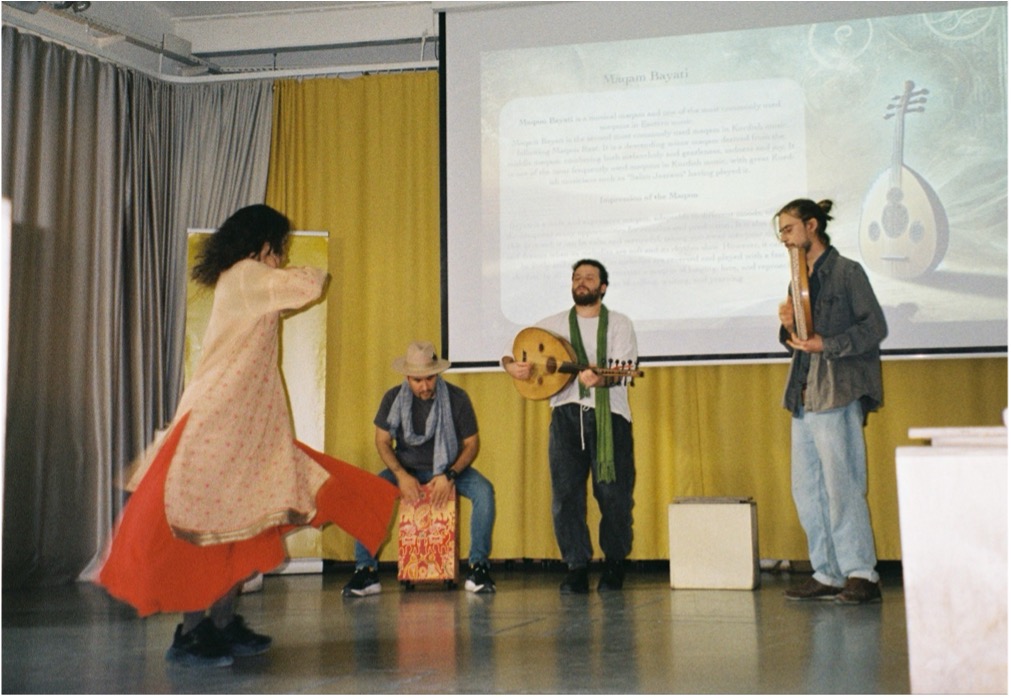
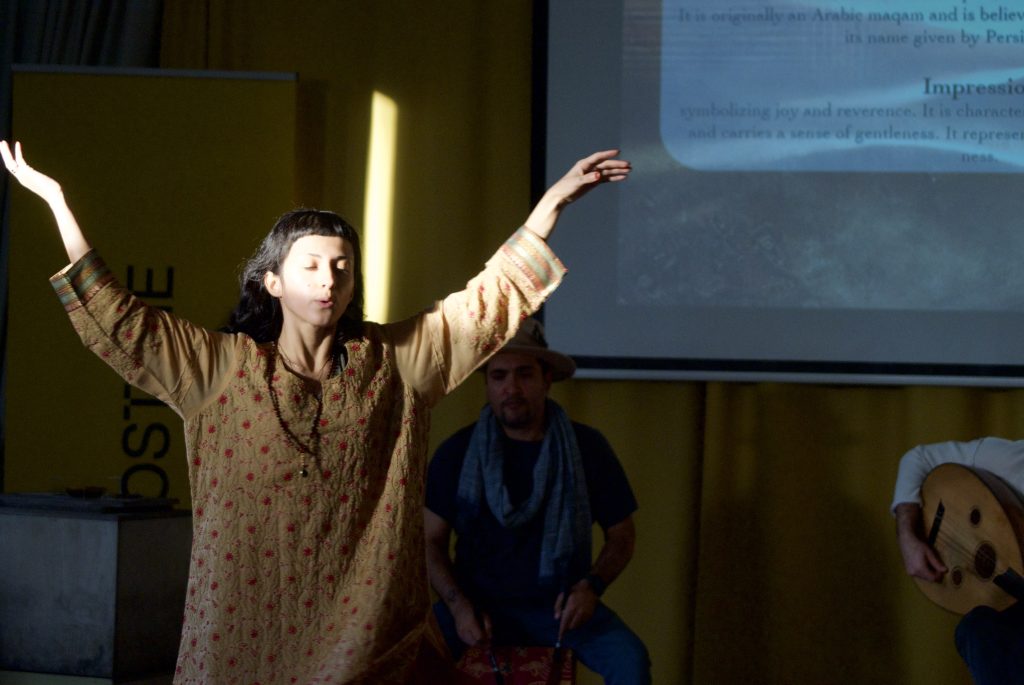
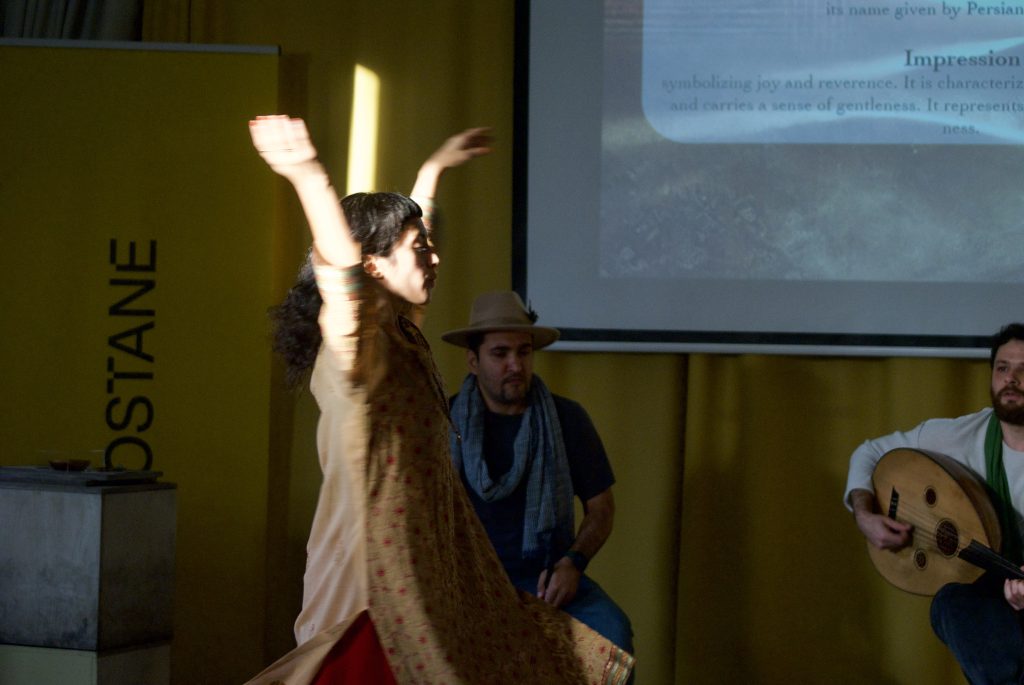
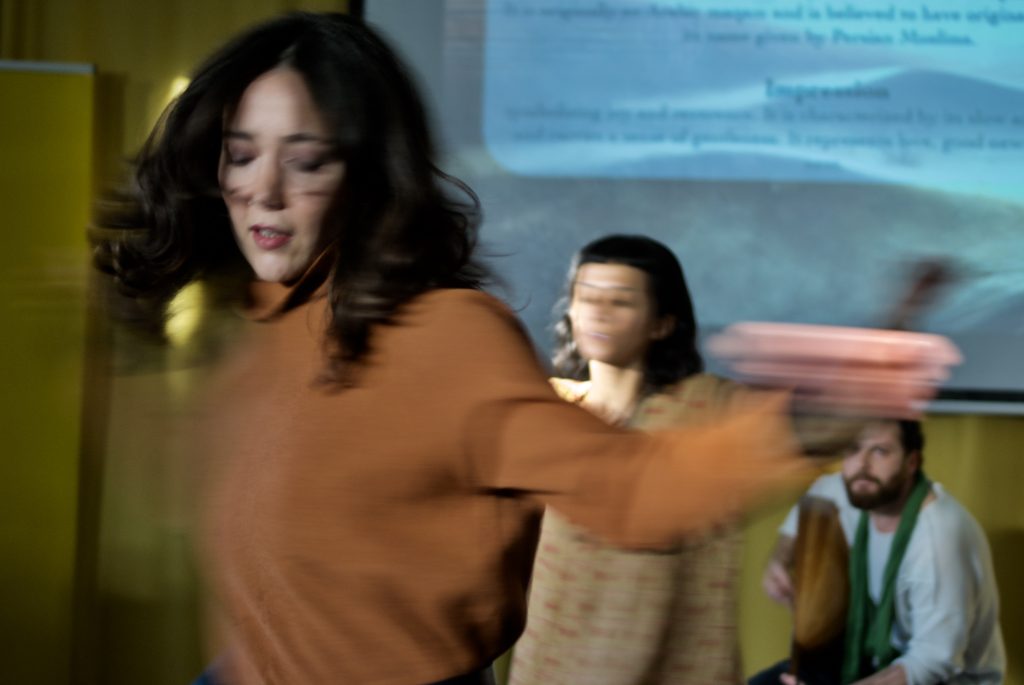
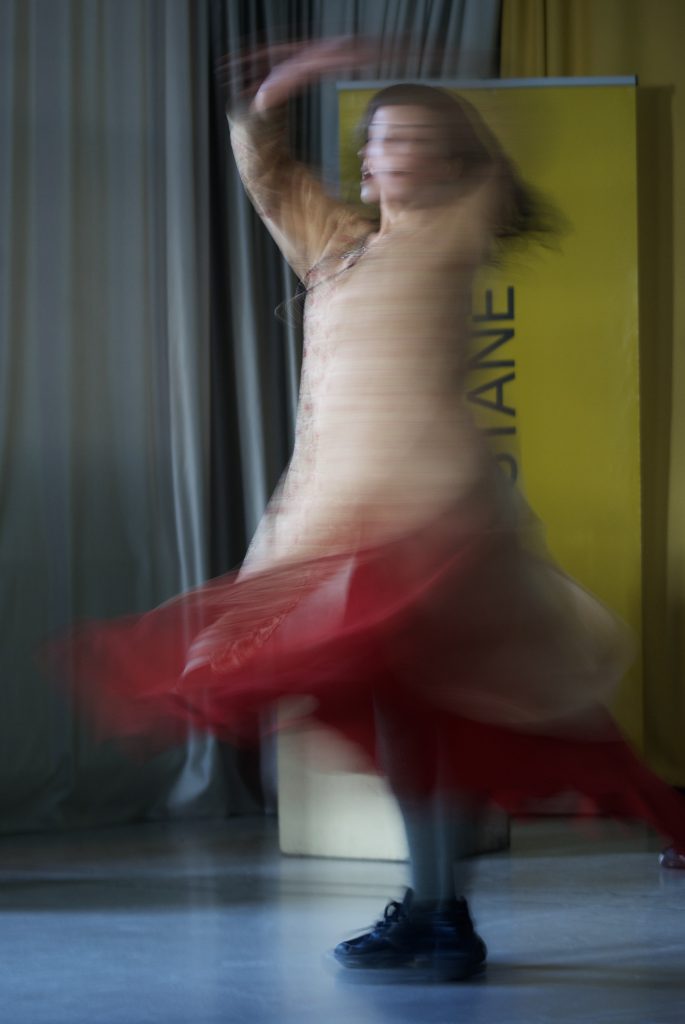
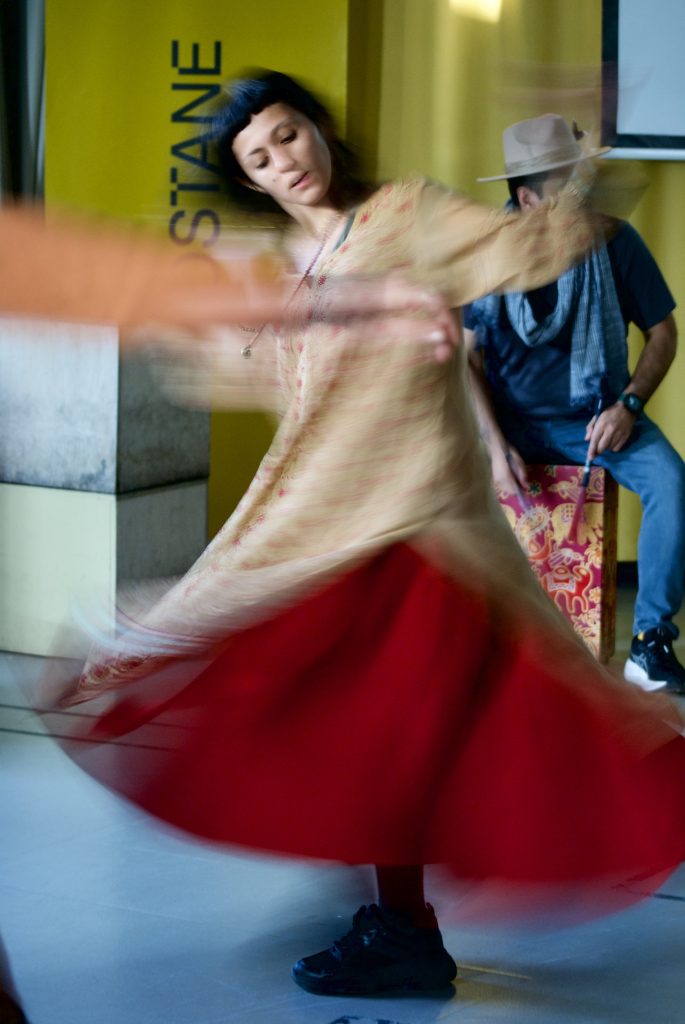
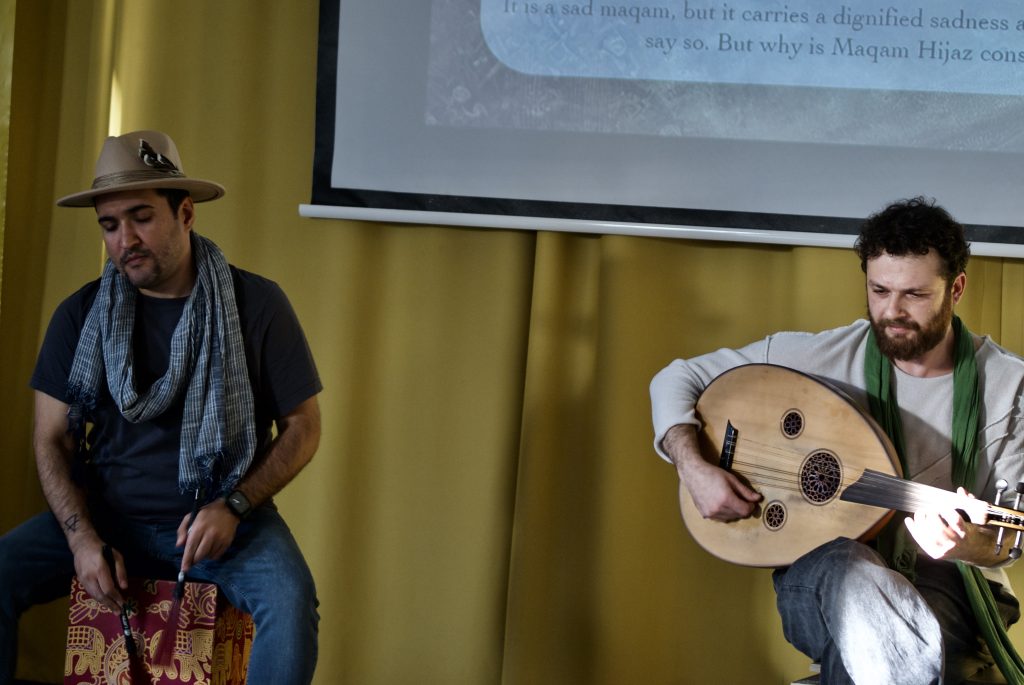
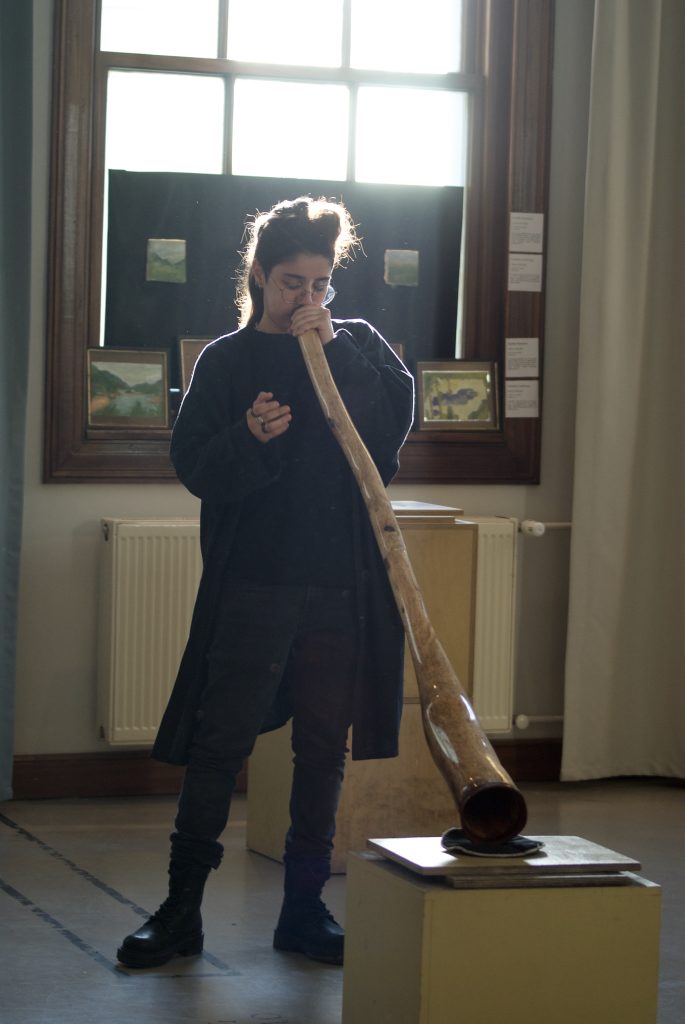
*Susie Bouyer: I am a French Master of Journalism student (Public School of Journalism of Tours). Thanks to the Erasmus program, I am doing the second year of my master’s degree in Istanbul, at Galatasaray University. I am notably interested in issues related to migration and the host of refugees.
**The ideas and opinions expressed in GAR Blog publications are those of the authors; they do not reflect those of the Association for Migration Research.
***The photographs used in this text belong to the author.







